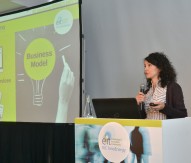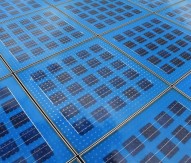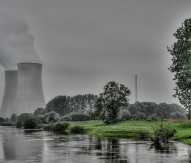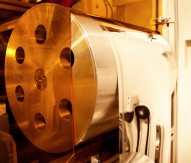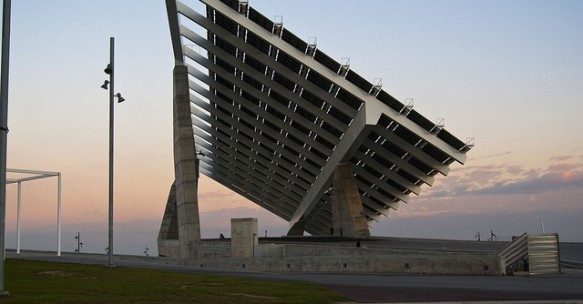
Researchers develop multiple efficiencies in PCM technology
A new PCM storage technique has been developed by scientists in Spain that greatly increases thermal capacity efficiency rating.
The researchers at the Polytechnic University of Catalonia (UPC) developed a multi-layered solid-PCM (MLSPCM) that requires only 32% of molten salt compared to traditional systems. Furthermore, efficiency in theoretical thermal capacity, measured as energy delivered over energy stored, stood at more than 74%.
The MLSPCM uses two systems to realise the efficiency – the first is the use of phase changes, helping to reduce the volume of the tank, and secondly, a thermocline system, allowing the use of cheaper filler materials when separating hot and cold liquid in a single tank. The project has received support from the European Institute of Innovation and Technology’s Energy KIC over the past four years.
In MLSPCM, two thin layers of PCM sandwich a thermocline layer made up of filler materials. The top layer helps keeps the area above PCM within an ideal temperate range for discharge, around 550OC, and the bottom layer 300OC, which is ideal for charging range. Both optimums help improve the efficiency of PCMs and reduce the total volume in the PCM required.
In the paper, the team of researchers said: “The key aspect of this new concept is the inclusion of PCM layers at both ends of the tank, whose fusion temperatures are conveniently chosen to be inside the ‘admissible’ temperature ranges for the outlet of both charge and discharge processes.”
The breakthroughs were made following modelling work using the Latent Thermal Energy Storage tool (LTES). It is hoped that LTES will be in launched commercially later this year through TermoFluids, a UPC spinoff. Also used in the breakthrough was STES, a modelling tool for two-tank systems. The research project was run by TESCONSOL (Thermal energy storage for concentrating solar power plants), a project consortium between UPC, the KTH Royal Institute of Technology in Sweden, French oil giant Total, Gas Natural Fenosa and Tecnalia.

